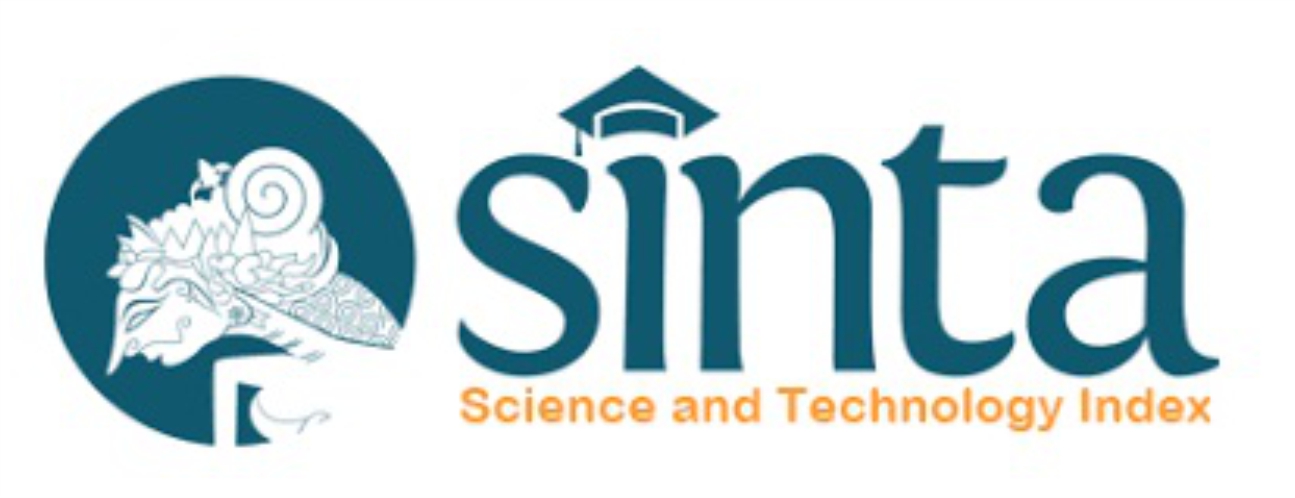Kajian Efek Ekstrak Umbi Bawang Dayak (Eleutherine palmifolia (L.) Merr) sebagai Antikanker
Abstract
Dayak onion (Eleutherine palmifolia (L.) Merr) is a typical plant in Central Kalimantan. This plant has been passed down for generations by Indonesian people for various treatments. The potential of dayak onions that have various pharmacological activities needs to be increased in their use as modern medicinal ingredients. The purpose of this literature study is to review the various uses, the secondary metabolites content, and the action mechanism as an anticancer both in vitro, in vivo, and in silico. The results of this literature study show that traditionally the Indonesian people use the bulbs for the treatment of breast cancer, colon cancer, hypertension, diabetes mellitus, stroke, fever, dysuria, intestinal inflammation, dysentery, boils, cysts, prostate, lowering cholesterol and triglycerides, breastfeeding and sexual disorders. In the empiric treatment of cancer, this plant is used by drying the bulbs and chewing it. Dayak onion bulbs (Eleutherine palmifolia (L.) Merr) are known to contain flavonoid compounds wich isoliquiritigenin, polyphenols group wich oxyresveratrol and naphtoquinon group, and its derivatives such as elecanacine, eleutherine, eleutherol, eleutherinol, eleutherinon, eleuthoside B, eletherinoside A which has anti-cancer activity. Pre-clinical studies with in vitro and in vivo mechanism showed that dayak onion bulbs (Eleutherine palmifolia (L.) Merr) extracts have pharmacological activities, which are anti-cancer that can inhibit cell signaling through apoptosis and cell cycle arrest. Also, the mechanism of in silico showed anti-cancer activity from the inhibition of VHR receptors, BCL-2 receptors, VEGFR-2 receptors and alpha estrogen receptors (ERα).
Full Text:
PDF (Bahasa Indonesia)DOI: https://doi.org/10.18860/jip.v5i2.9778
Refbacks
- There are currently no refbacks.
Copyright (c) 2020 Belia Bima Nafisa
© 2023 Journal of Islamic Pharmacy













